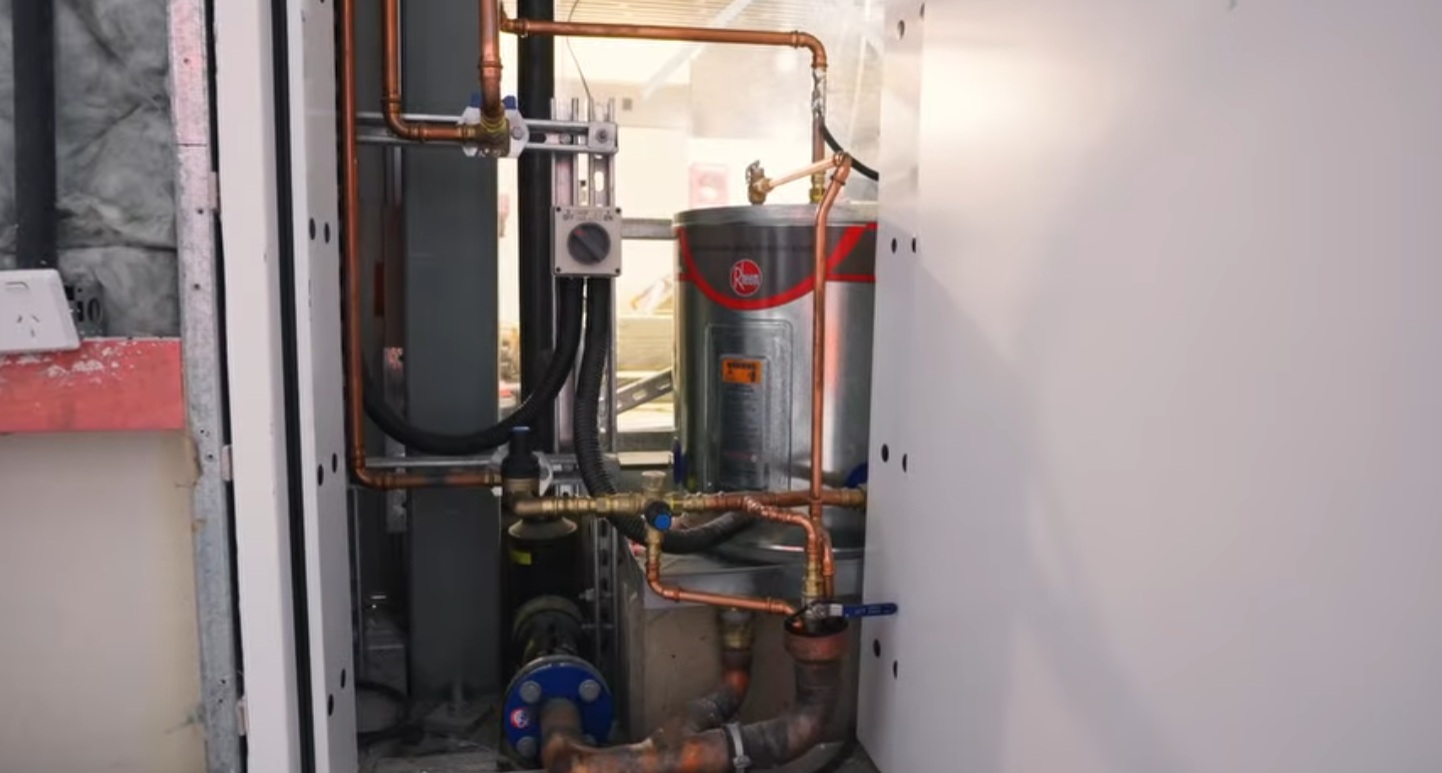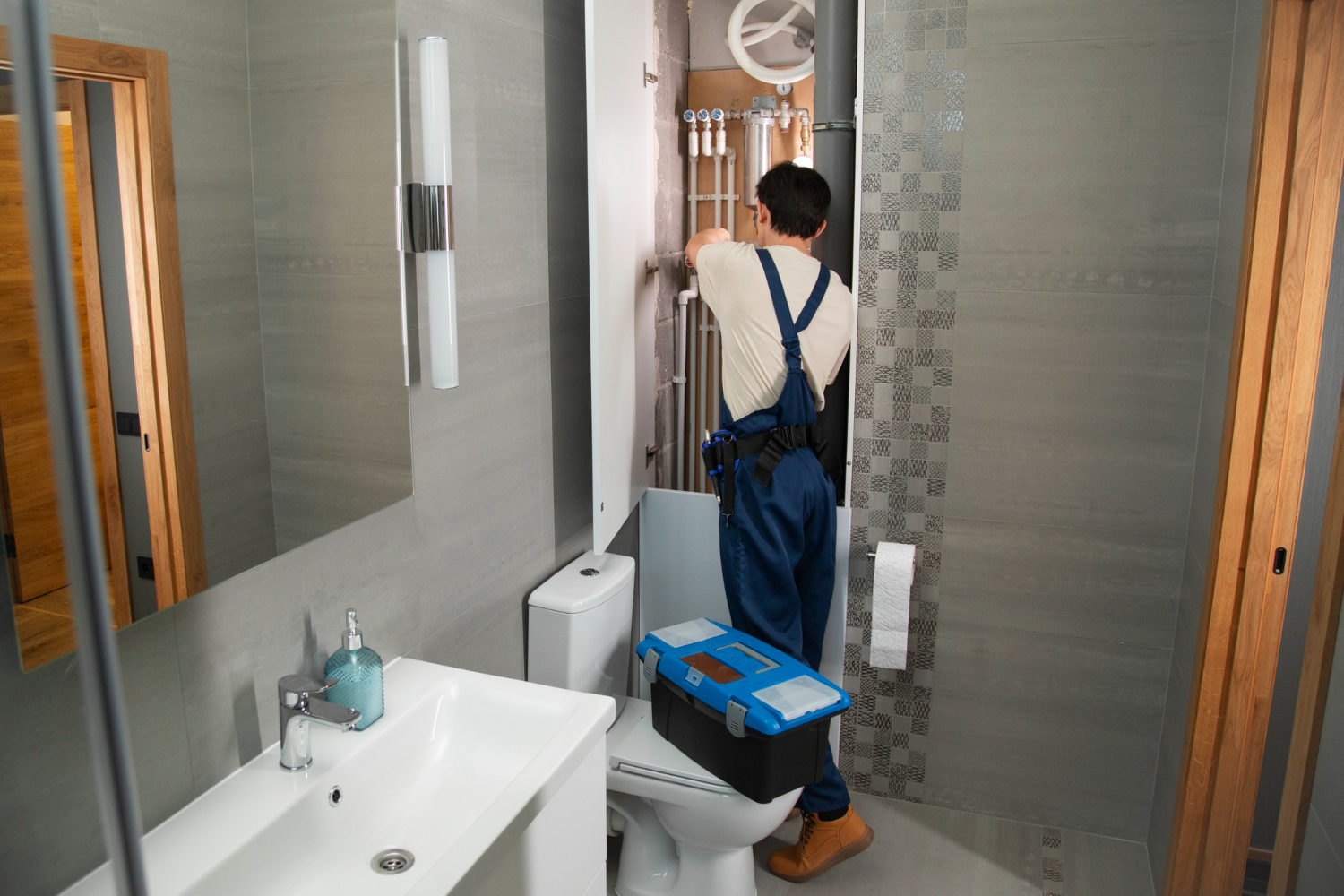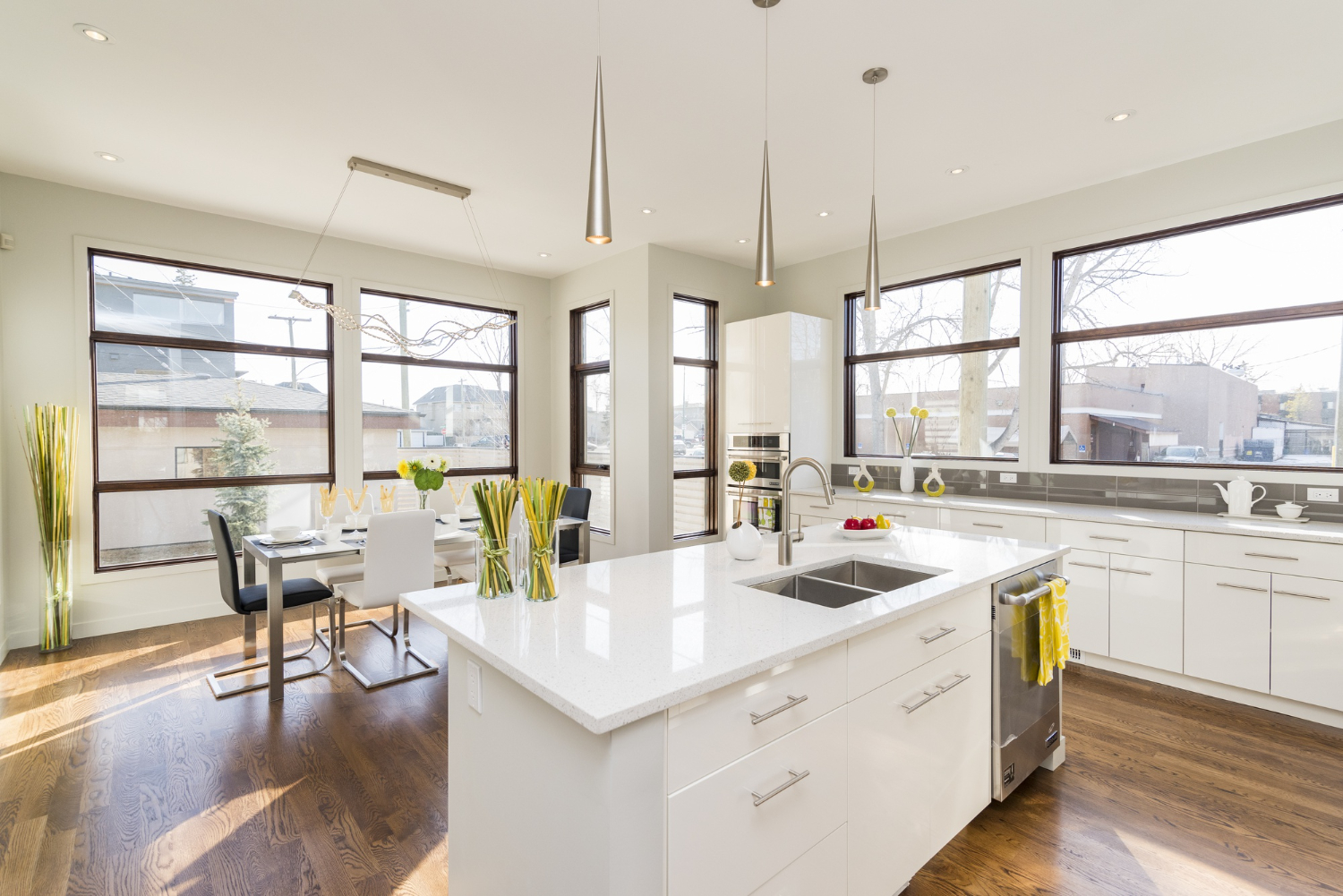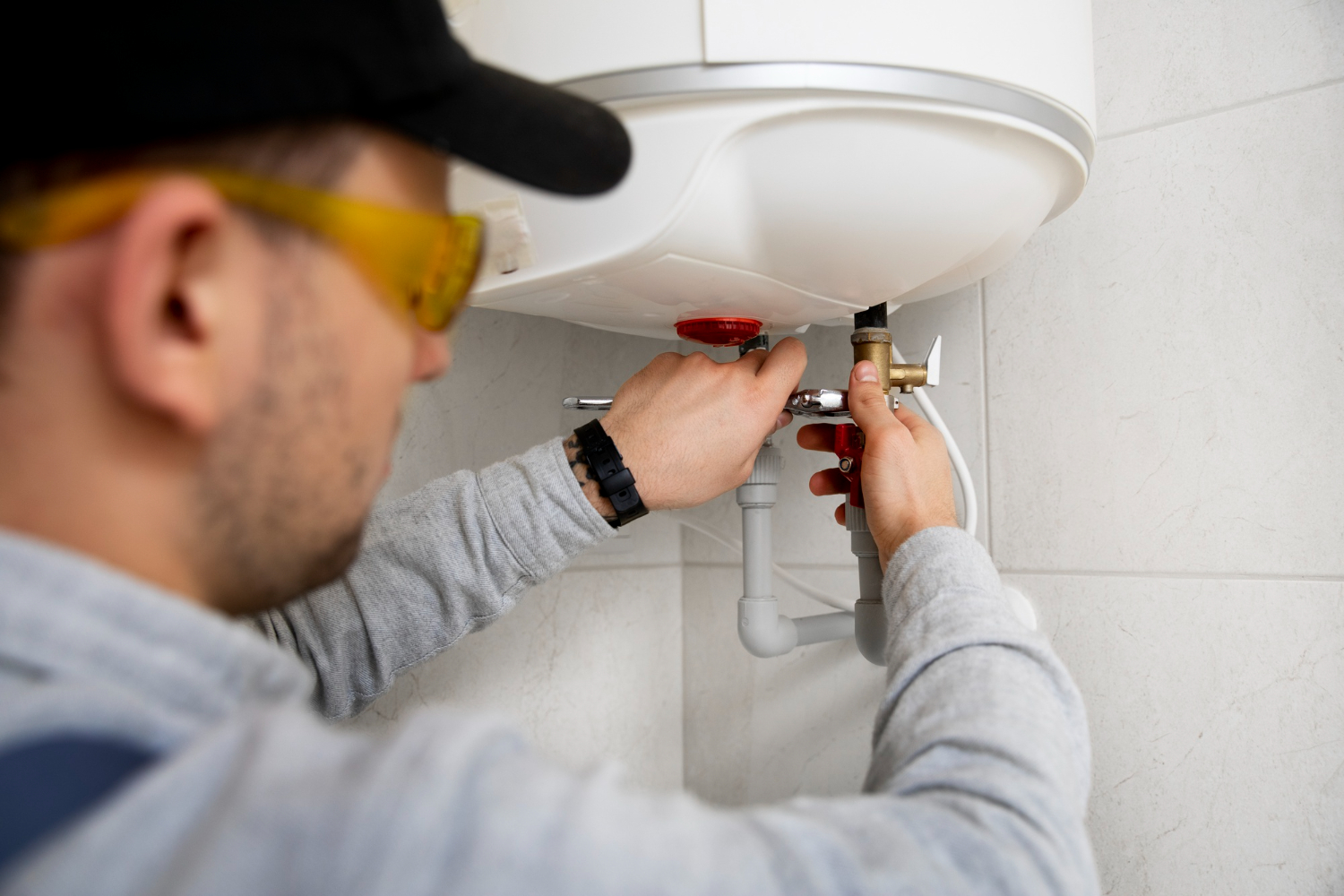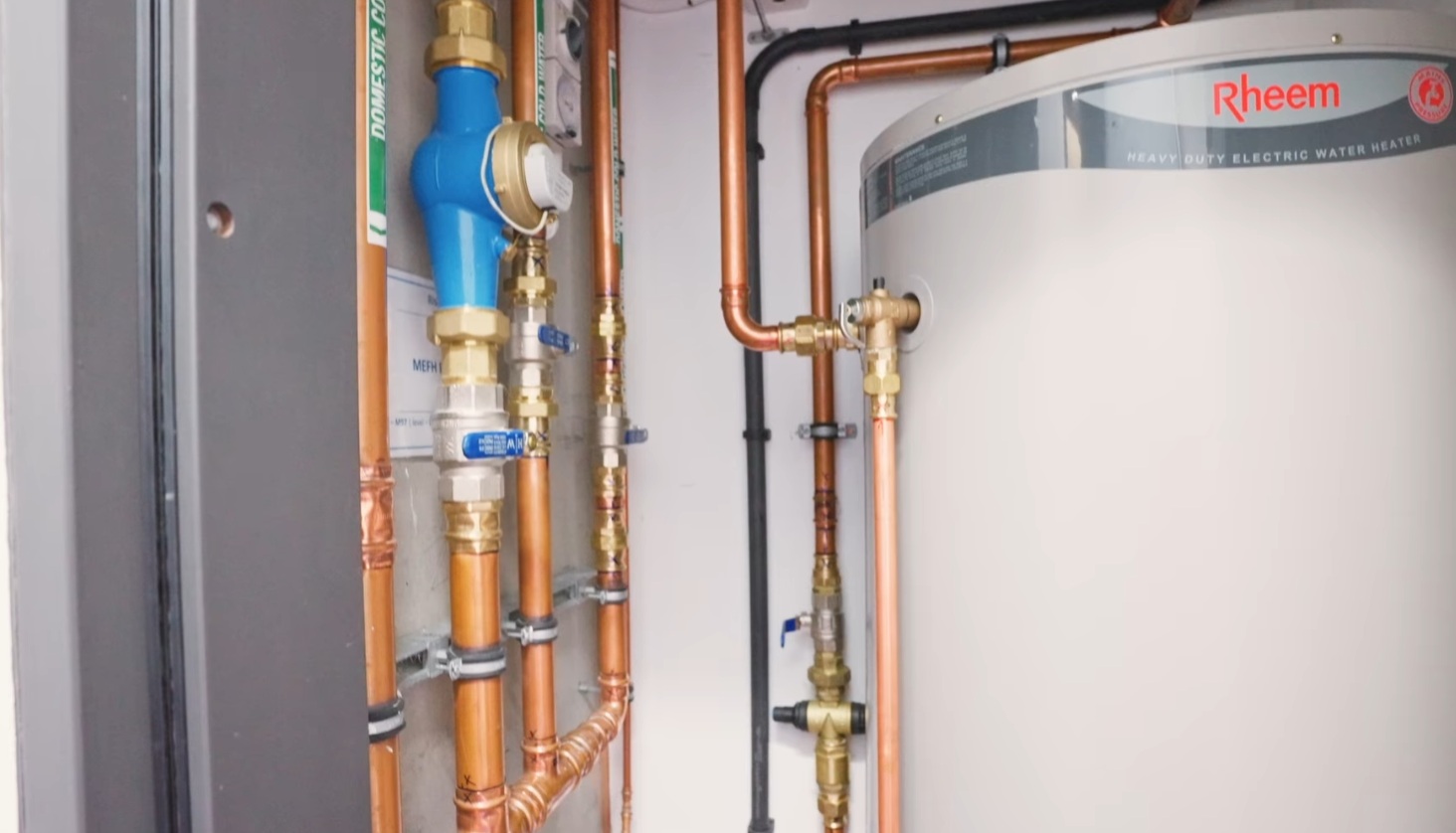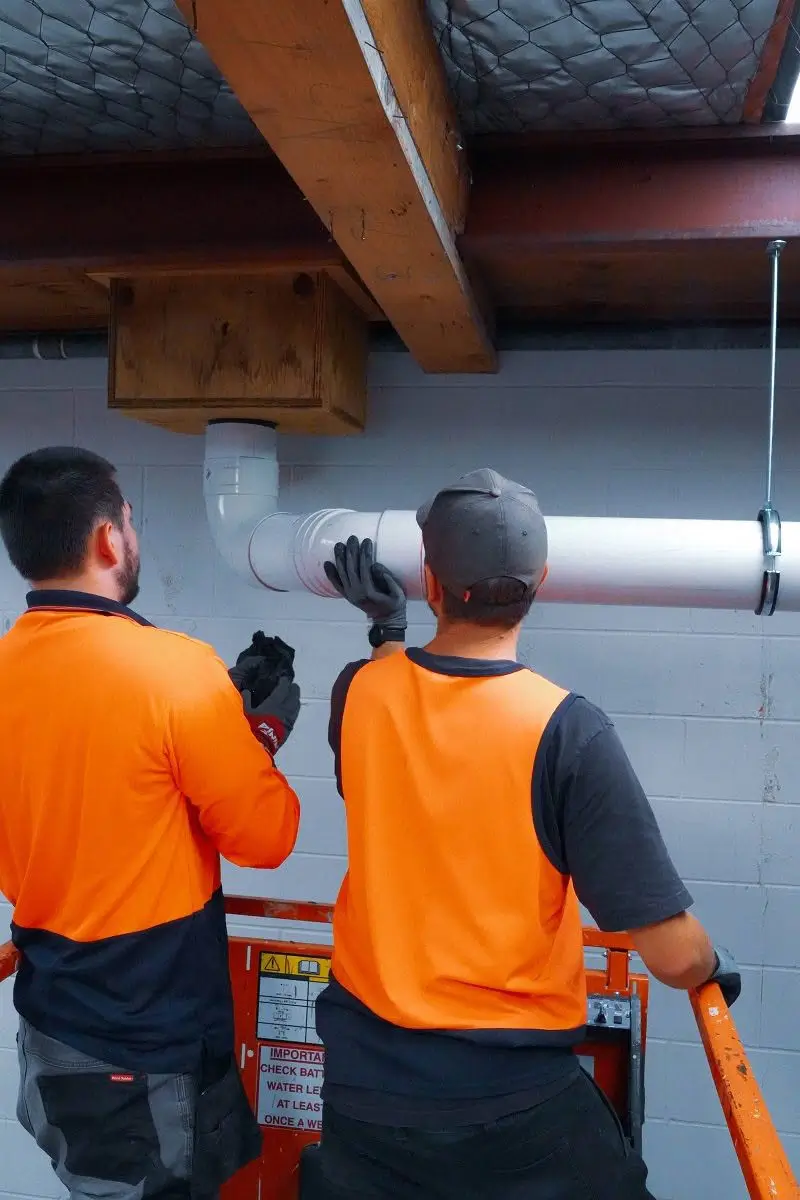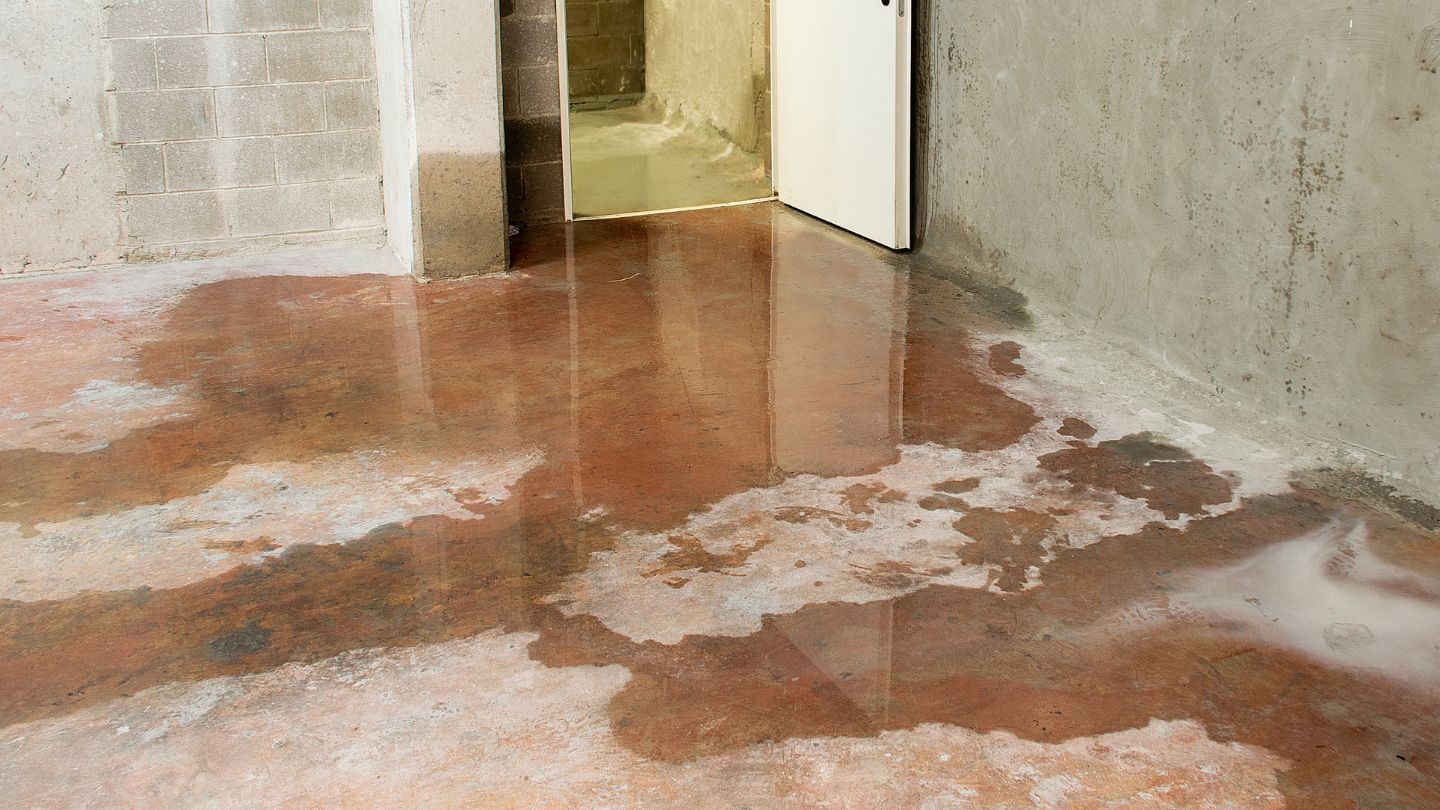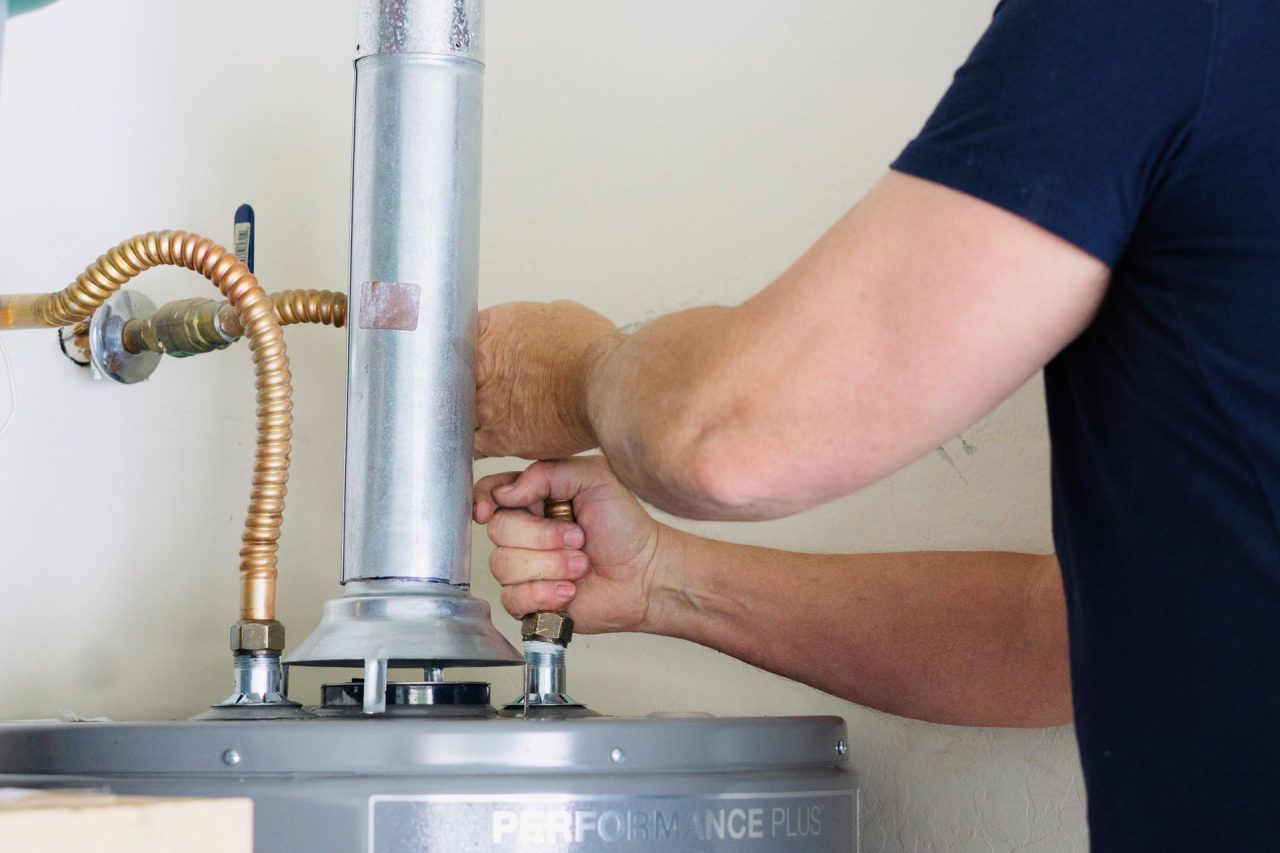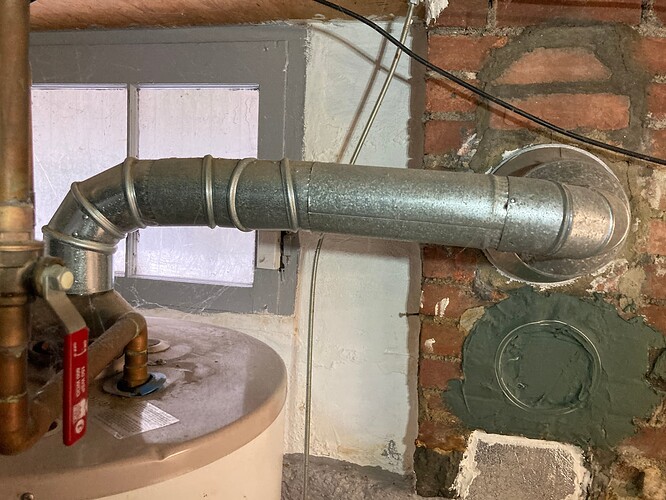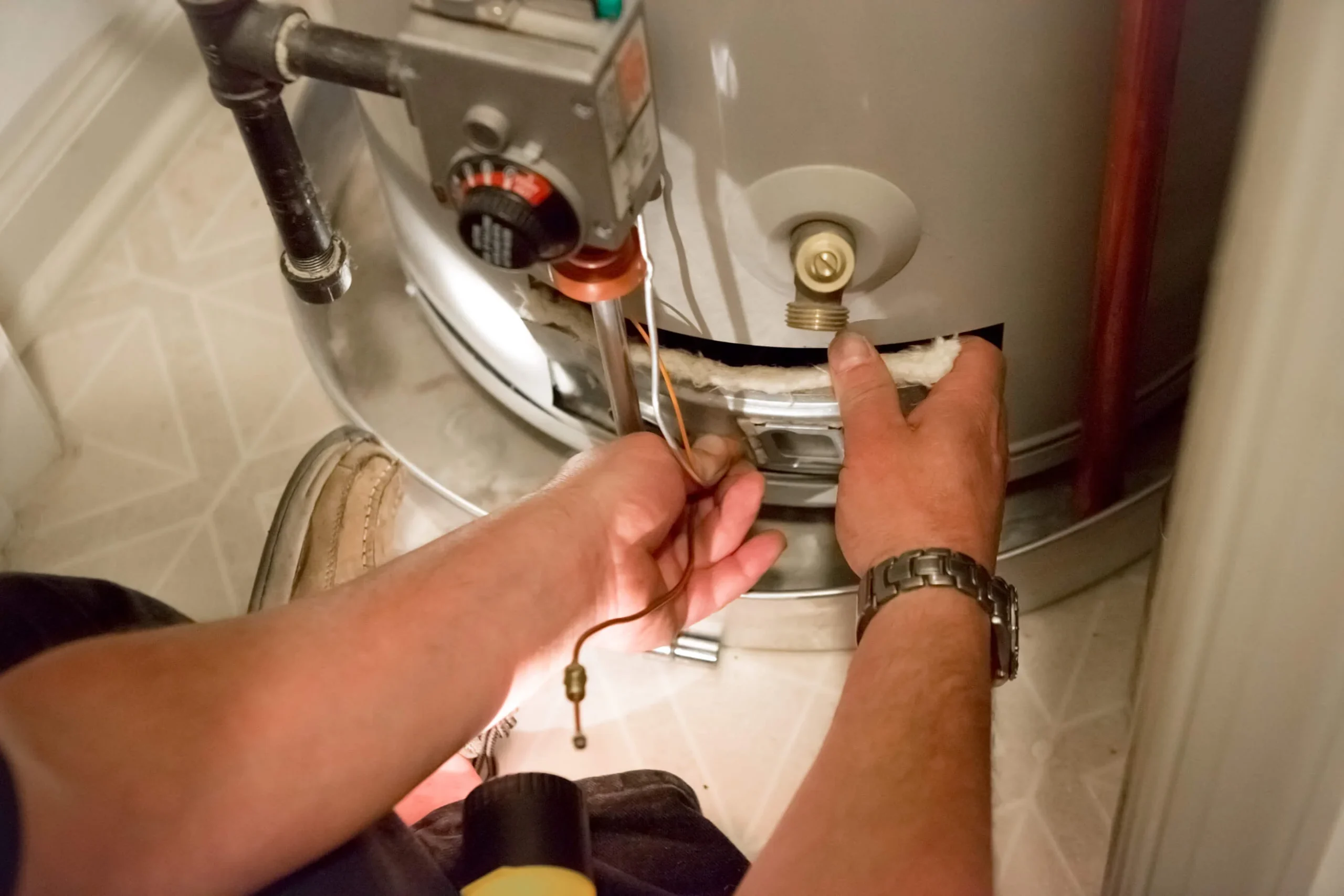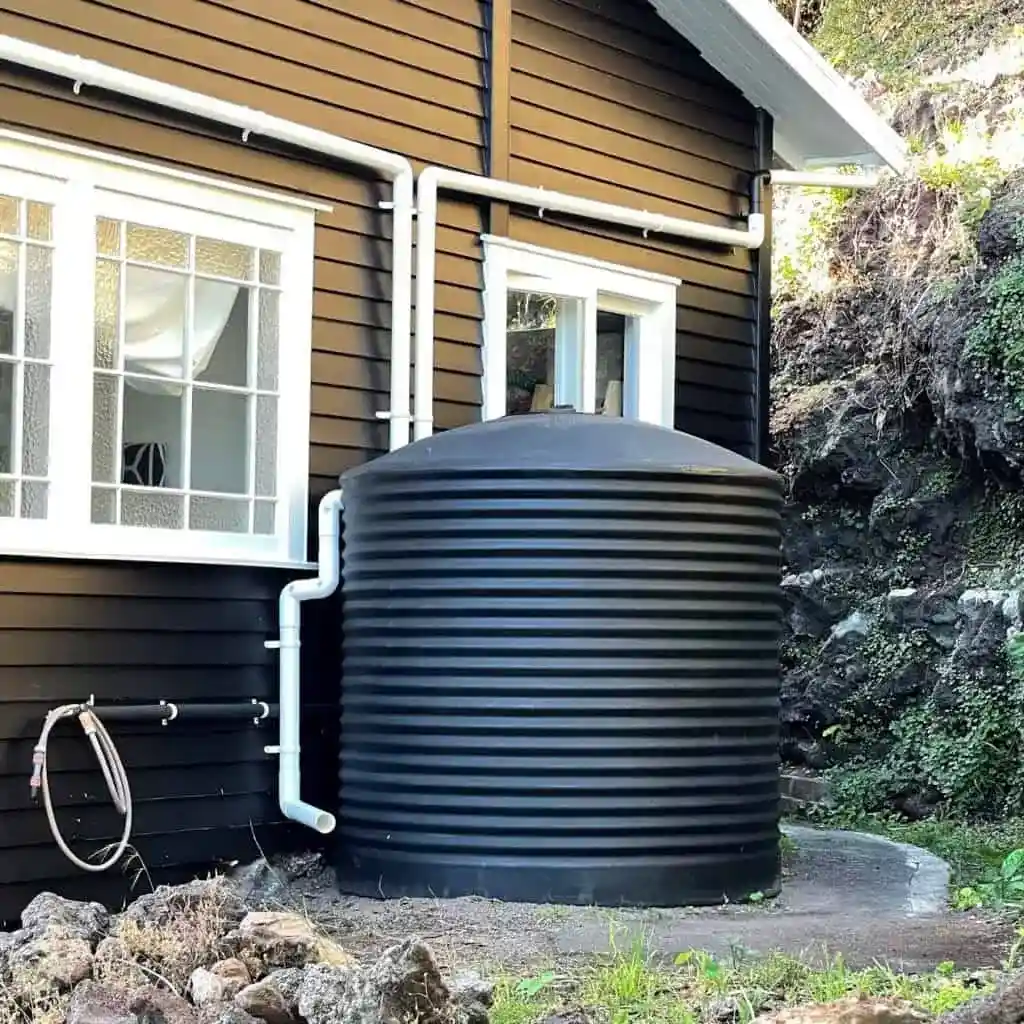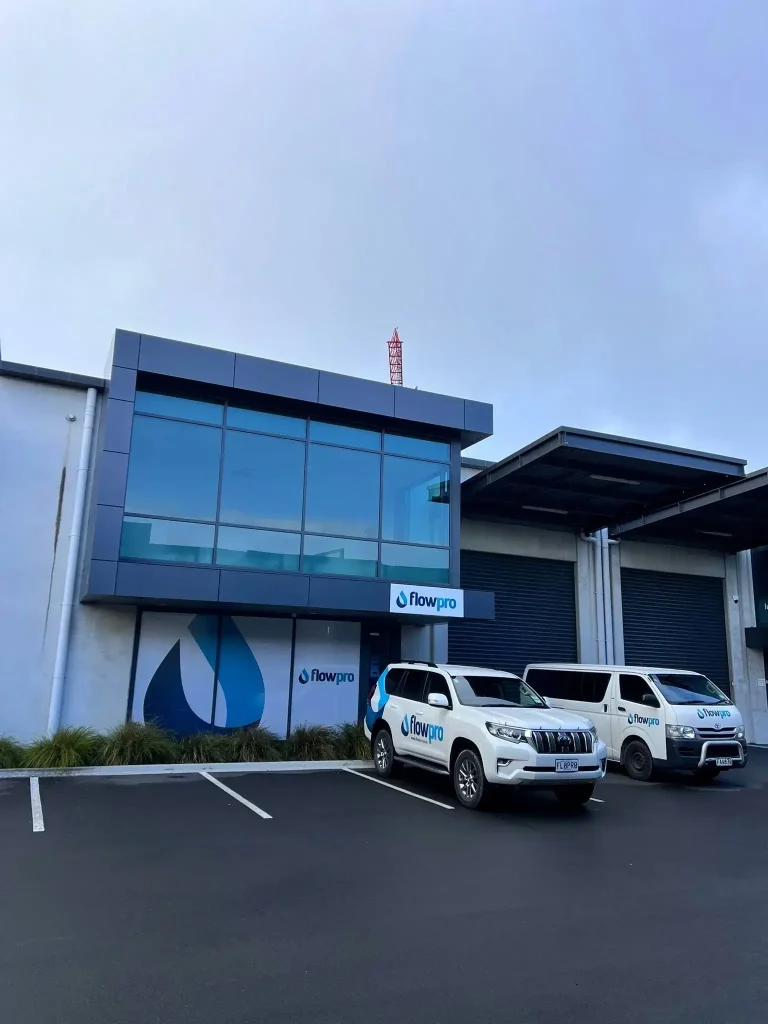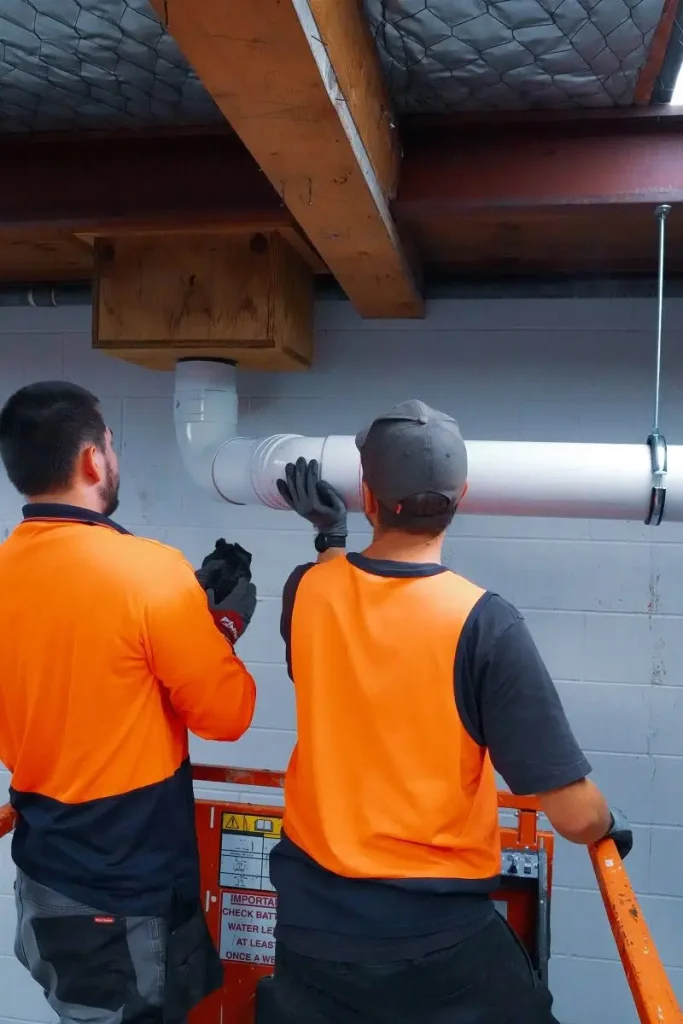If you are wondering how much does gas fitting cost in Auckland, you are definitely not alone. Gas fitting can involve anything from installing a new hot water system to fixing leaks in your existing setup, and the costs vary based on a range of factors. Good news, though, you have plenty of choices to manage your expenses effectively. Recent data shows that plumbers and gasfitters in New Zealand typically charge between NZD $70 and $120 per hour. In Auckland, those rates can be slightly higher due to the city’s size, additional travel times, and the cost of living. This article walks you through every key detail so you can budget smartly for your next project.
Recognise why gas fitting matters
Gas fitting refers to the installation, repair, and maintenance of gas systems, including appliances like stoves, heaters, and hot water units. You rely on these systems for safe heating, cooking, and hot showers, so it’s essential to prioritise competent, certified work. In New Zealand, gas fitting must adhere to strict regulations under the Plumbers Gasfitters and Drainlayers Act 2006 and the Gas (Safety and Measurement) Regulations 2010. Both aim to keep your home safe and your gas appliances running correctly.
- A legally required gas certificate ensures each job meets regulatory standards.
- Proper gas fitting can help you reduce energy usage by tapping into efficient appliances.
- Certified gas work also supports property value because future buyers want to see documented compliance.
Know the basic cost components
When you hire a gasfitter in Auckland, you will likely encounter several categories of costs. Understanding what each one means helps you avoid surprises on your final bill. Most gasfitters have a minimum charge that covers their travel and the labour for the first hour, plus any certificates required by law.
Here is a simplified table of typical cost components (prices in NZD, excluding GST unless stated otherwise):
| Cost Component | Typical Auckland Range | Note |
|---|---|---|
| Call-out fee & first hour | $125–$172.50 | Often includes travel plus up to 1 hour of labour |
| Additional labour (per 15 minutes) | $25.00–$40.00 | Depends on complexity of job |
| Gas Safety Certificate (GSC) | ~$65 | Required to confirm safe usage of finished job |
| Gas Certificate of Compliance (CoC) | ~$95 | Confirms compliance with NZ regulations |
| Parts & materials | Varies | Billed separately based on your specific needs |
The minimum call-out figure usually covers a gasfitter’s vehicle expenses and the first hour of their time. After the first 30 or 60 minutes, extra labour is commonly billed in smaller increments, such as 15 minutes. If your job involves new materials—like pipes, valves, or hoses—you will be billed for those separately.
Learn the typical charging models
- By the hour
Many Auckland-based gasfitters charge by the hour. You will see a higher rate for the first hour, followed by smaller increments each additional quarter-hour. If your task is simple, like tightening a connection or addressing a small leak, you might only pay for the minimum. If the issue is more extensive, the time accumulates. - Fixed quotes for installations
For bigger projects, such as installing a new gas hot water system or adding a gas stove, companies often provide a fixed quote. This quote might include:- All labour required to finish the installation.
- Critical compliance certificates (Gas Safety or Certificate of Compliance).
- The cost of removing old equipment if needed.
Fixed quotes give you an upfront total, so you know exactly what you will pay. However, these can still be subject to unforeseen complications, like discovering corroded pipes behind walls.
- Estimates for maintenance or repairs
Some providers give estimates rather than fixed quotes for maintenance or repair jobs. That is because the work scope can grow once they open up a wall or inspect a pipe. Expect the final invoice to be higher or lower than the initial estimate, depending on what they find.
Discover factors that affect your final bill
While you are figuring out how much gas fitting costs in Auckland, it is important to remember these factors that raise or lower your total outlay:
- Nature of the job
- Routine maintenance: Often straightforward, taking less time and labour.
- Complex repairs or installations: Might need more manpower, advanced equipment, or a multi-day approach.
- Certification requirements
- Gas Safety Certificate (GSC): Typically necessary once a job is complete.
- Certificate of Compliance (CoC): Required for new installations or high-risk work. You can learn more at what is a gas certificate of compliance and when do i need one?.
- Location and travel fees
- Auckland is spread out, and gasfitters may charge extra for extensive travel times.
- Remote or higher-traffic suburbs see higher travel costs.
- Emergency or after-hours calls
- Call-outs on weekends or public holidays usually carry premium rates.
- Same with late-night emergencies—these can significantly increase hourly fees.
- Parts and complexity
- Installing or replacing a gas device (e.g., continuous-flow hot water system) could involve more expensive components.
- High-grade fittings or piping for security and longevity can add cost.
Check compliance and certification
Gas work in Auckland, or anywhere in New Zealand, must follow strict certification rules. The Plumbers Gasfitters and Drainlayers Board issues practising licences, and only registered or certifying gasfitters are legally allowed to perform these jobs. If you are installing a new gas hot water system, the gasfitter must ensure it passes all safety checks. You can find key information on safe installation guidelines at gas hot water heater installation requirements.
- Gas Safety Certificate (GSC): Shows that the finished job is safe to use. If the system is not safe, no certificate will be issued.
- Gas Certificate of Compliance (CoC): Proves the gasfitting was done correctly and meets the Gas (Safety and Measurement) Regulations 2010.
Some new gas appliances also need to be certified to specific standards before New Zealand import or installation. If you are doing major work, it may include multiple tests and sign-offs to ensure everything is sealed and functioning properly.
Explore gas services and estimated prices
Below are some common services you might require, along with rough pricing guidance to help you plan. Keep in mind these numbers can shift based on your exact circumstances, the fixtures you choose, and your gasfitter’s experience or availability.
Gas leak repairs
- Typical cost: Approximately $150–$300 plus parts.
- Time: Often under an hour if the leak is minor, although some cases take longer if the source is hard to locate.
- Good to know: Prompt leak detection can save you further damage and ensure safety.
Installing a gas hot water system
- Average cost: NZD $1,500–$3,500 for a standard system, depending on size and laying of new pipes.
- You can learn more at cost of installing gas hot water system.
- Time: Installing a standard external tank can take 4–6 hours, with internal setups (which require a flue) averaging 6–8 hours.
Upgrading or installing a gas stove
- Typical cost: Costs vary widely, although many providers offer an all-in quote that includes labour plus certification.
- If you want to check local standards, have a look at gas stove installation requirements.
- Key tip: You may need an approved gas line extension if your stove is going in a new location.
Annual servicing of gas appliances
- Why do it: Regular servicing ensures your boiler, heater, or other appliance is performing efficiently.
- Recommended interval: Once a year, or every two years if usage is low.
- Expect to pay: Often the standard call-out fee plus 30 minutes to an hour of labour, possibly $125–$200 total, excluding any parts that need replacing.
Adding natural gas value to your property
- If you are contemplating whether natural gas is worth the investment, check does natural gas add value to a home?.
- Pros: Lower running costs over time, especially for continuous-flow hot water.
- Cons: Higher upfront installation costs.
Compare different hot water system rentals
While outright installation is popular, some homeowners look into rental or lease options for gas hot water setups. Rental providers might roll maintenance or repairs into the monthly fee. You will want to weigh these factors:
- Monthly subscription cost vs. upfront purchase.
- Duration of the contract.
- Whether the provider covers repair labour or materials.
Still, many Auckland homeowners prefer to buy their system outright to avoid long-term monthly contracts.
Understand average timeframes
Here is an overview of how long typical gasfitting tasks in Auckland might take you. This helps frame labour costs:
- Basic gas appliance service
- 30–60 minutes.
- Ideal for checking connections, cleaning burners, and verifying safety devices.
- Fixing a minor leak
- 1–2 hours.
- Time varies if the leak is hidden behind walls or floors.
- Installing a standard external gas storage tank
- 4–6 hours.
- Straightforward if access is good and pipe runs are minimal.
- Fitting a continuous-flow (tankless) system
- 4–8 hours.
- Easiest if the external wall is accessible. Internal units require flueing.
- Major renovations or new builds
- Could span multiple days due to coordinating other trades, complex piping schemes, and sign-offs.
Manage your final bill smartly
If you want to get the most from your budget, there are a few practical steps:
- Ask for free project quotes: For bigger installations or upgrades, most gasfitters provide a no-obligation quote. This can help you compare multiple providers and refine your budget.
- Request itemised invoices: Seeing exactly which parts and tasks cost what is crucial for transparency.
- Confirm certificates: Make sure your gas fitter preps and provides the relevant Gas Safety Certificate or CoC. Missing documents can cause hassles if you plan to sell your property or claim warranties on appliances.
- Schedule routine service: By regularly maintaining appliances, you reduce the risk of bigger, costlier breakdowns later.
- Plan the job at standard times: If possible, book your gasfitter on weekdays during regular hours. Emergency call-outs and weekend bookings come with premium rates.
Recap and practical next steps
Here is a quick summary:
- Typical Auckland rates are between $125 and $172.50 for the first hour, which includes local travel and labour.
- Certificates like the Gas Safety Certificate and CoC add some cost, typically $65–$95 extra.
- Big installations (e.g., hot water systems) often come as fixed quotes, ranging from NZD $1,500–$3,500, plus labour time.
- Regular servicing can keep your appliances safe, improve energy efficiency, and prevent costly failures.
Feel free to check the gas hot water heater installation requirements for insights on installing airtight systems. Every bit of research you do can help you make better choices about your gas setup.
Good news—this entire process is easier than it sounds, especially when you work with professionals who prioritise safety and quality. If you are thinking about next steps, consider an in-person assessment, where a certified gasfitter will review your home’s setup.
Frequently asked questions
What is the difference between a Gas Safety Certificate (GSC) and a Certificate of Compliance (CoC)?
A GSC verifies that your completed gas installation or servicing is safe to operate. A CoC confirms the work meets all legal requirements under the Gas (Safety and Measurement) Regulations 2010. If your job is high-risk, the CoC is particularly important for demonstrating compliance. Learn more about CoCs at what is a gas certificate of compliance and when do i need one?.
How often should I service my gas appliances?
Experts recommend yearly servicing, especially if you use your gas appliances heavily. The maximum interval shouldn’t exceed two years, since you want to catch any potential safety issues early.
Can I DIY my own gas fitting job to save money?
No, gas fitting in New Zealand must be completed by a licensed or certifying gasfitter under the Plumbers Gasfitters and Drainlayers Act 2006. DIY attempts not only risk dangerous leaks or carbon monoxide issues but also violate legal regulations.
Does installing gas increase my property value?
Installing gas can appeal to future buyers, given the efficiency and convenience. To explore this topic further, have a look at does natural gas add value to a home?.
Final note & call to action
Putting all of this together, you can see that answering how much gas fitting costs in Auckland depends on labour rates, the complexity of your project, and the type of certificates you need. When you are ready for an expert team who can guide you from initial planning to final compliance checks, reach out to FlowPro Plumbers and Gasfitters. Their skilled professionals strive to combine fair pricing, transparent communication, and proper certification so you can enjoy safe, efficient gas appliances with genuine peace of mind.
